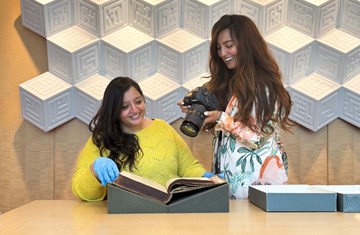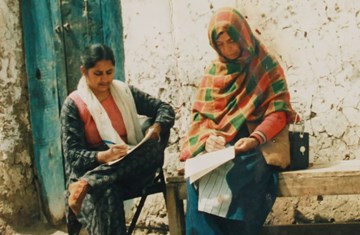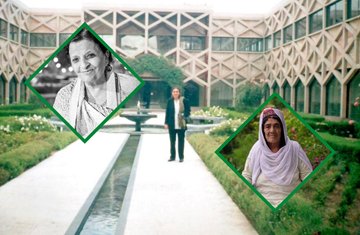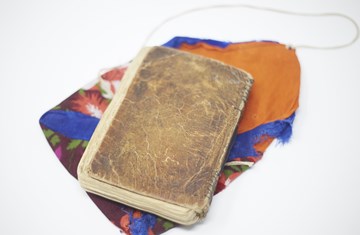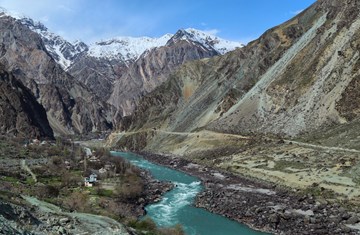International Women's Day: Interview with Shola Ajilore (Project Manager)
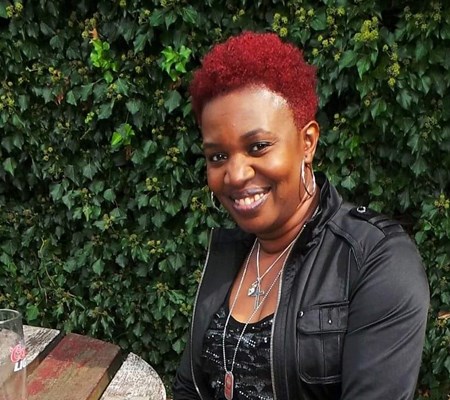
Tell us a bit about your job. What’s a typical day like?
My role as the Project Manager for Department of Curriculum Studies (DCS) consists of managing the planning and tracking of all projects associated with the development of primary Talim and secondary curriculum materials in ten languages in print form and more recently the books to be uploaded onto the eBook platform.
I start my day with a review of my task list, and check I have everything ready for my meetings. I look at my emails, respond and prioritise as necessary. My day is dependent on what I have on and is also the basis for how I prioritise my workload.
No two days are alike, and I think that’s what I like best about my role, I have a lot of autonomy in the way I work. From finance reporting to updating my project plans, Zoom meetings, weekly and fortnightly status project meetings with the DCS teams, updating my fortnightly status plan, it’s all in a day’s work.
What’s your favourite aspect of your job?
I get to work on a range of projects and activities in my job which I really enjoy doing. Recently I qualified as one of the Aga Khan Centre’s Mental Health First Aiders, a role now formal, but something I used to do informally. Having someone trust you enough to voice their concerns, sometimes fears, or just choose you as a safe pair of ears is very humbling. Another aspect of my job is warehouse inventory. Yes, it’s a glorified way of saying counting stock, but it does get me out of the office once in a blue moon and is extremely hard work (it’s very dusty and cold in the open warehouse). I get to drive a fork-lift under very close supervision.
What’s the most challenging part of your job?
With the pandemic I have had to construct a new way of working, which also involved ensuring I remained as accessible as possible. I had to ensure working from home and requiring statistical information (which I require on a regular basis) did not delay development, whereas previously, I would just pop into an office and have a brief conversation.
It meant monitoring and tracking became slightly more acute. The processes had to be updated and implemented to ensure we worked to the same standard of quality.
My role for a while became that of a negotiator between the ITREBs and the IIS’s Translations Unit and the design and production team, especially where priorities changed. Protocols had to be changed and it took a while for the changes to be implemented and adapted.
Who are the women who inspire you?
Two inspirational women are my Granma and my Mama. My grandma was illiterate, could not read or write, so when I went home to Nigeria, we had to learn to communicate. She ended up learning and understanding a few words in English.
Granma was love, extreme love, and some laughter, but she was hard. She grew up in poverty but established a pancake hut where she used to sell pancakes to travellers going from South to North Nigeria. Spare the rod and spoil the child was not her mantra, but she wouldn’t let anyone punish us.
Granma was about HARD work and traditions. To this day, traditions of culture are still instilled within me. To this day, I work as hard as I can.
Mama, in the days of open racism she took me in—an Austrian woman and a black baby—Mama was a trailblazer, she loved me with a passion. They both passed a year after each other. I miss them every day.

